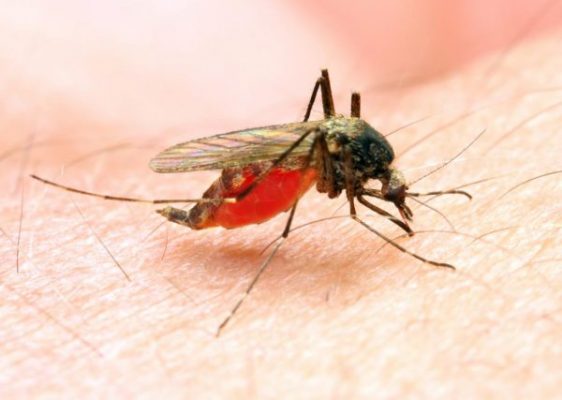Lately, there has been an unusual upward trend of malaria cases in comparison with previous years, raising fears that some of the cases could actually be COVID-19.
However, a recent media tour of the province established that farmers, who were facing hunger, had been spending most of their nights outdoors seeking alternative sources of income.
The provincial epidemiology and disease control officer Stanley Tapesana said they had, indeed, noted a sharp increase in cases of malaria and instituted investigations.
“We have had an increase in malaria cases. This was noted from week 14. We started to implement control measures. We used different measures for each district,” Tapesana said.
“We have artisanal mining in areas like Mt Darwin and Shamva. These people will be out in the bushes with no protection and formal structures to hang mosquito nets.”
Tapesana said this exposed them to malaria and rendered interventions useless.
“Some farmers like in Mbire stay in their fields to guard against wild animals like elephants,” he added.
Another factor, which has contributed to malaria cases, is the erratic rains which created breeding grounds for mosquitoes.
Meanwhile, delays in the opening of tobacco auction floors also forced farmers to sleep outdoors where they were bitten by mosquitoes as they opted to keep their cured tobacco indoors.
This rendered useless mitigatory measures like indoor residual spraying and use of mosquito nets which normally work well in malaria prevention, Tapesana said.
Of concern also are the imported cases of malaria from neighbouring Mozambique.
In an interview, Centenary district medical officer Kelvin Mupunga revealed that some of their malaria cases were imported from Mozambique.
He expressed grave concern over the porous Zimbabwe-Mozambique border, which poses a threat to the health of locals in the district especially now, in view of the spread of the COVID-19.




